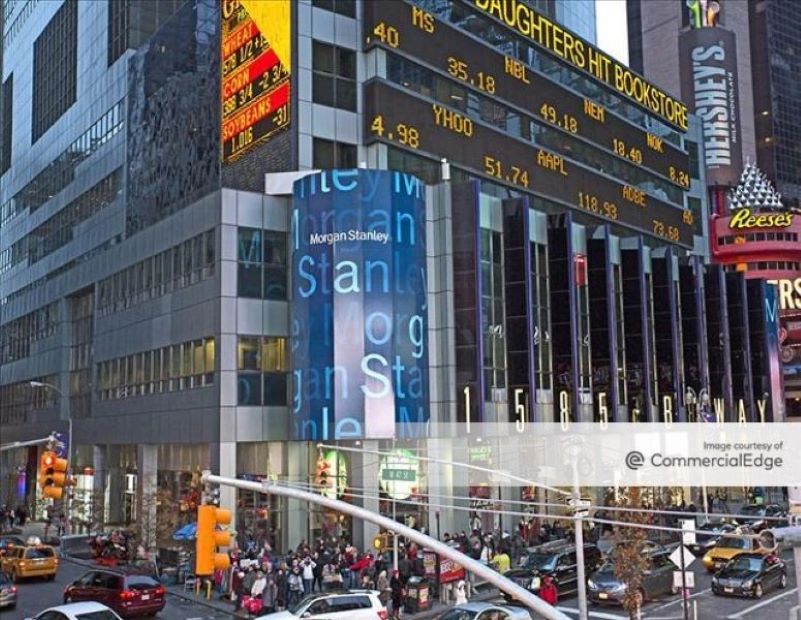What a Bunch of Whiners
By Robert Bach, National Director of Market Analytics, Newmark Grubb Knight Frank: Apparently you can’t have an earnings call these days without bemoaning the economy and blaming the government – which deserves to be criticized for its inability to govern. But I question the impact the legislative stalemate is having on the economy.
By Robert Bach, National Director of Market Analytics, Newmark Grubb Knight Frank
I just saw a copy of the latest quarterly Orange Book published by Bloomberg, a compendium of anecdotes and comments made by CEOs and CFOs on quarterly earnings calls. It is patterned after the Fed’s Beige Book, which compiles economic and business anecdotes from banks, businesses, economists and other market experts. I was struck by the opening paragraph in the Orange Book: “There is a growing chorus of commentaries from executives regarding the fiscal situation in Washington and the delay or reluctance of the business community to invest or hire at least until some of those uncertainties have lessened. Economic conditions in the final quarter were called ‘recessionary,’ ‘mixed,’ ‘weak,’ ‘soft,’ ‘muted’ and ‘challenging.’ There was a clear deceleration in the economy during the last three months of the year and many anecdotes point to a continuation into the first quarter of 2013.”
Apparently you can’t have an earnings call these days without bemoaning the economy and blaming the government – which deserves to be criticized for its inability to govern. But I question the impact the legislative stalemate is having on the economy. Although the economy expanded by an annualized rate of just 0.1 percent in the fourth quarter, the poor headline number was due primarily to a plunge in defense spending as the government prepared for sequester-mandated cuts, and to a decline in business inventories, which are subtracted from GDP calculations. Personal consumption expenditures, which account for about 70 percent of total GDP, rose at an annualized pace of 2.1 percent in the fourth quarter, up from 1.6 percent in the third quarter. Nonresidential fixed investment jumped 9.7 percent, consisting of an 11.3 percent increase in equipment and software spending and a 5.8 percent increase in nonresidential structures. Residential fixed investment (homebuilding) surged by 17.5 percent in the fourth quarter, adding to its impressive 13.5 percent increase in the third quarter. In other words, consumers are holding their own while businesses and homebuilders are doing even better.
Want more evidence? The benchmarked employment data released last month by the Bureau of Labor Statistics show that hiring accelerated in the fourth quarter of 2012, averaging 201,000 per month compared with 174,000 per month through the first nine months of the year. This is hardly “recessionary,” “mixed,” “weak,” “soft,” “muted” or “challenging.” But if top executives say it enough, maybe they will garner some admiration for their ability to perform in a “recessionary” economic climate and some forbearance if they don’t meet Wall Street’s earnings expectations.
Meanwhile, in the world of commercial real estate, leasing markets continue to tighten at varied paces depending on the location and quality of assets while January property sales totaled $15.5 billion, slightly ahead of last year. Take that, gloomsters.








You must be logged in to post a comment.